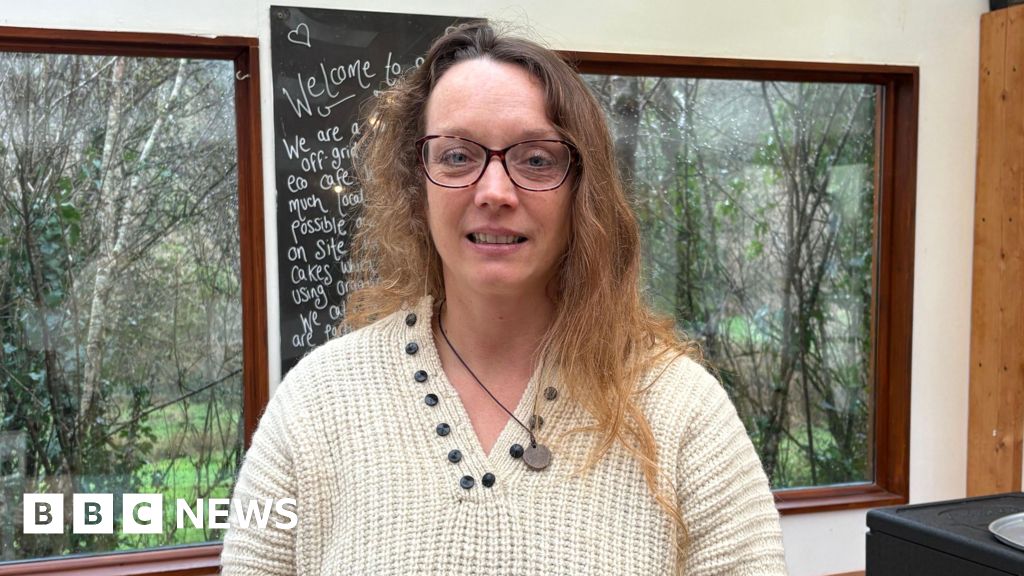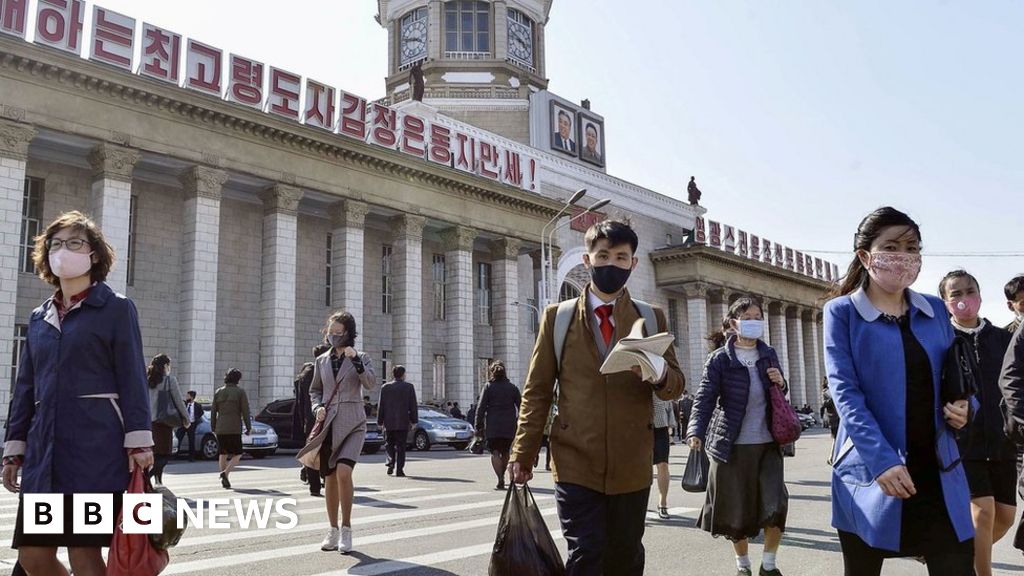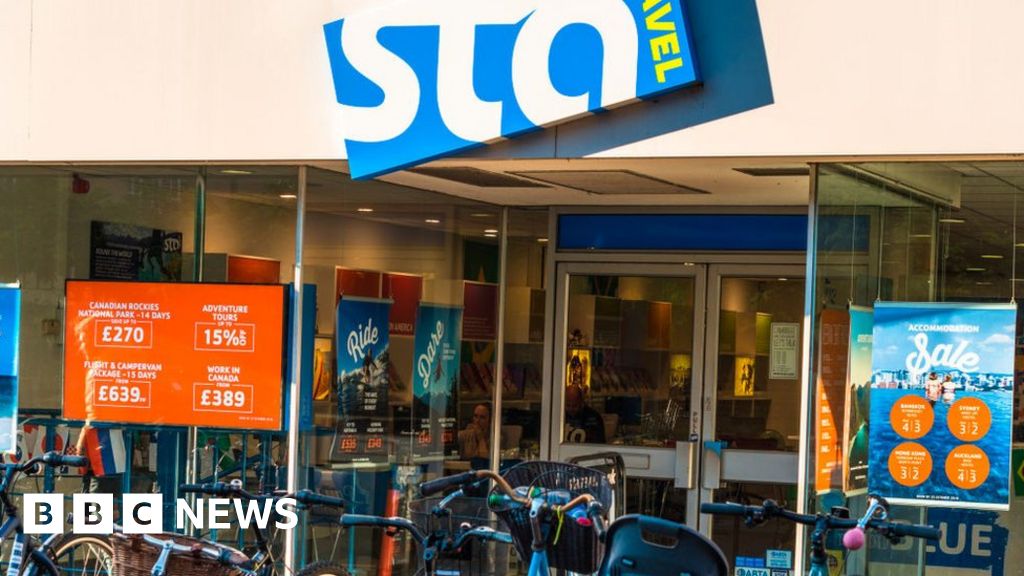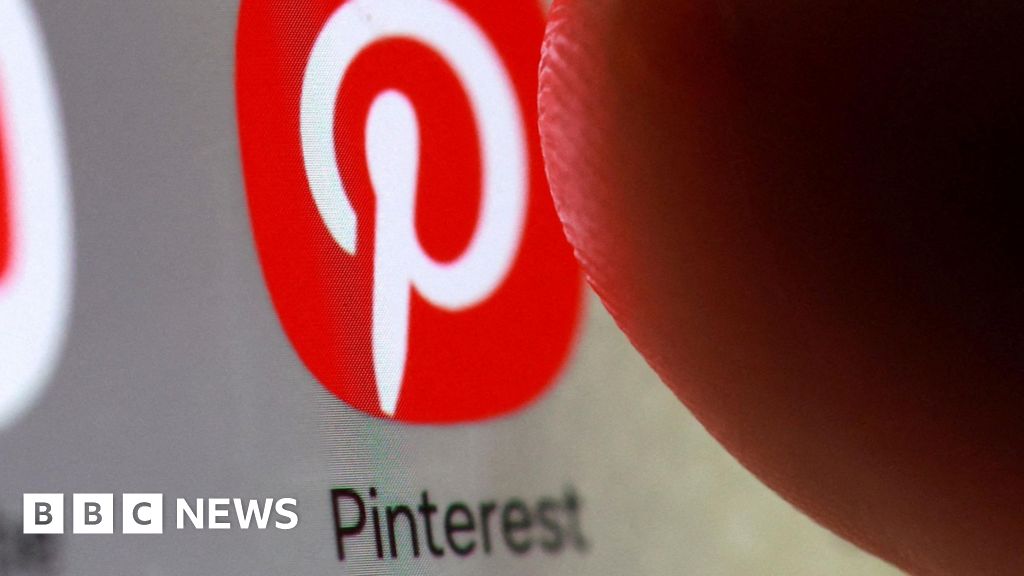Image copyright
Getty Images
As the coronavirus crisis continues, people are often stuck at home under strict lockdown measures.
While some shoppers spent on stockpiling food initially, many are now hunting for things to make, do, and drink indoors.
A new report by Waitrose and John Lewis has tracked what its customers have been purchasing from week to week.
Although the “John Lewis Partnership is a stereotypically middle-class retailer, it has a very broad appeal,” said independent retail analyst Richard Hyman.
“Our normal lives have been completely suspended, and this report reflects that,” he added.
So what five items have proven most popular?
1. Tequila tipples
Since pubs and bars were closed under government instruction, many “have-a-go” bartenders have been trying their hand at home.
According to Waitrose, sales of tequila increased by more than 175% between 24 March and the end of April.
John Vine, a spirits buyer at the supermarket chain said: “People are shopping for more unusual ingredients such as tequila or triple sec to make that perfect drink for staying in.”
Image copyright
Getty Images
UK cafes, pubs and restaurants were told to shut in March in the fight against Covid-19
Overall alcohol sales in supermarkets and corner shops jumped by 27% in the four weeks to 19 April, according to consumer analysts Kantar.
Elaine Hindal, chief executive of the charity Drinkaware, previously said that the rise in alcohol sales under lockdown “isn’t surprising”, but cited concerns.
“Having alcohol available in homes, for many people, can be a source of temptation and lead to drinking without thinking,” she said.
2. Gym kit
Many people have been rolling out of bed to join in with Joe Wicks workouts as they’re no longer able to get to the gym.
It may come as little surprise then that sales of gym equipment are increasing. John Lewis says it has seen a rise of 496%, with yoga mats and ankle weights selling quickly.
Image copyright
Getty Images
“However, some of these new lifestyle items, such as a yoga mat, won’t be purchased every month, or even every quarter,” Mr Hyman pointed out.
“John Lewis has enjoyed a bit of a blip in sales, they understand that a question mark remains over what things are going to look like down the road.”
In its most recent trading update, the group said that in a worst-case scenario, its department stores could see sales fall by 35% this year, with Waitrose seeing a fall of less than 5%.
3. Make-up
As the coronavirus lockdown has meant much of Britain is now working from home, people are now spending more on looking “camera ready”, the report suggests.
Customers have been investing in colourful makeup palettes, up 57%, and self-tanning products have risen 41% since 24 March.
Image copyright
Getty Images
Make-up sales, or “affordable luxuries” often see a boost in times of recession, while other non-essential items might not, says independent retail expert Kate Hardcastle.
“When we shop emotionally, we often reach to items that make us feel good – and provide an affordable pick me up.
“While many have refreshed their make-up and picked up a treat in lockdown, some of the sales can be firmly attributed to many getting ready for much more heightened presence on social media during this time too,” she adds.
4. Luxury bedding
Being in the house more has also meant that some have opted to make home improvements.
According to John Lewis, the warm weather seen between 5 and 11 April drove demand on its websites for items such as pressure washers.
Since lockdown measures were introduced, it’s also seen luxury bedding sales more than double.
Image copyright
Getty Images
Essential retailer B&Q has seen high demand during lockdown as consumers look to make home improvements
Those trends are reflected in a recent survey by market research firm Mintel, which suggests that 11% of adults expect to spend more on home and garden products in May.
Jack Duckett, a lifestyle specialist at the company, said this was the case among young people in particular.
“This group is typically very outgoing, with highly active social lives and prior lockdown probably spent very little time at home.
“As their social activities have been curtailed, it follows that many are now diverting some of the money they would have been spent on socialising out of the home, on making their homes more ‘Instagramable’.”
5. Elastic
Retailer John Lewis also a huge increase in sales of elastic, which was attributed to people making their own face masks.
On Thursday, US retailer Etsy said it had spotted a similar trend in a trading update.
Online retailer Etsy has been promoting small businesses selling face masks during lockdown
The online crafts marketplace said it saw a “dramatic shift” in demand in April. It sold more than 12 million cloth masks last month, totalling about $133m (£107.5m) in sales.
Similarly to Etsy, Mr Hyman says that John Lewis “has been in an incredibly strong position in comparison with other retailers, given that it has a developed online proposition and broad appeal.
“But as restrictions are gradually relaxed, we have no idea what sales will look like,” he adds.
For many High Street chains that were already struggling, returning to “the new normal” too quickly could prove the final nail in the coffin.






























